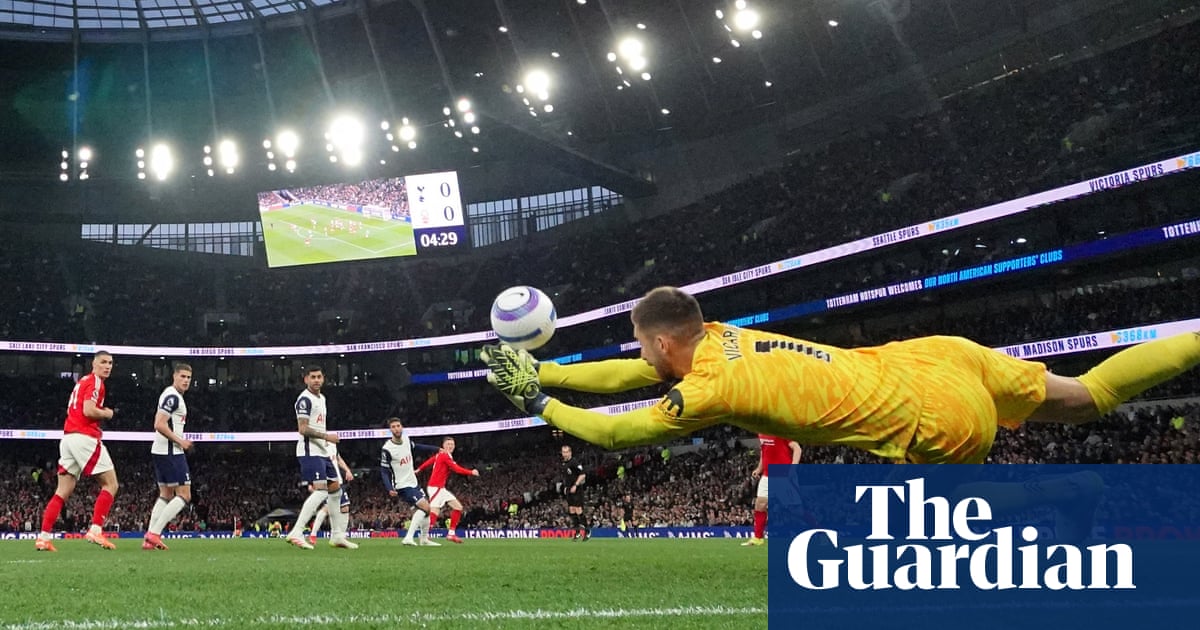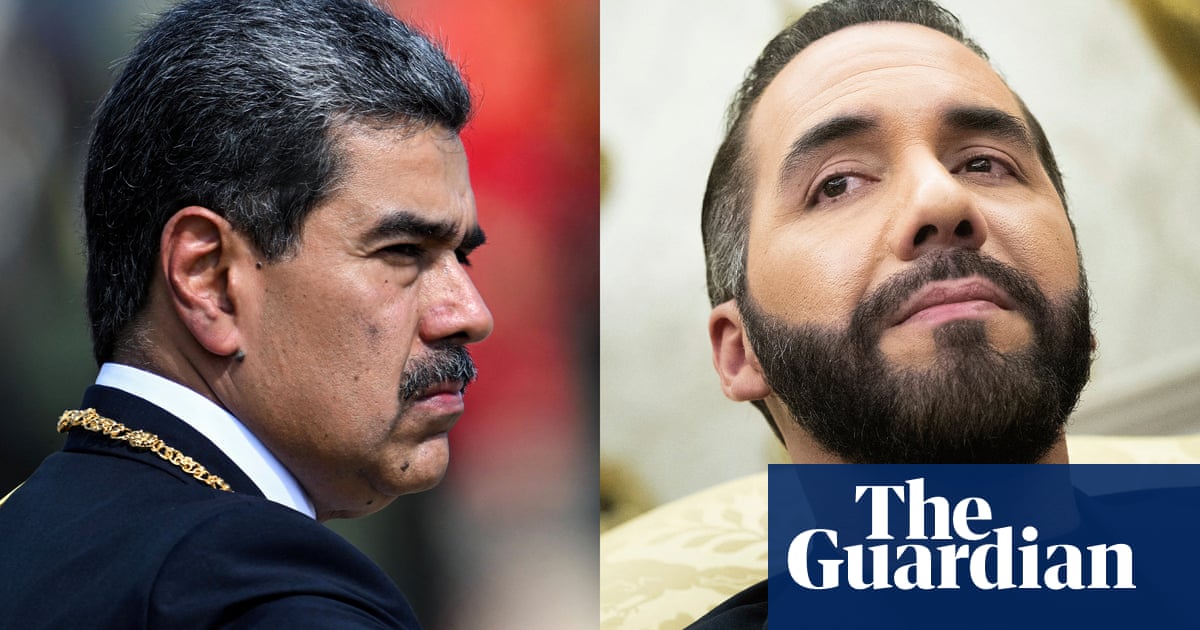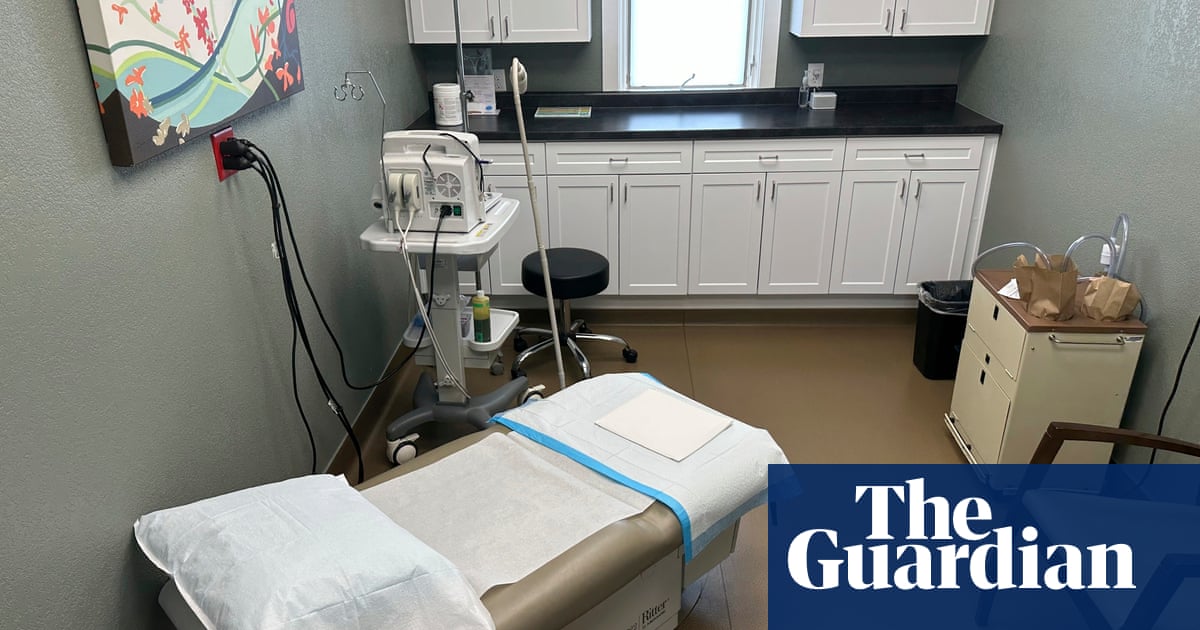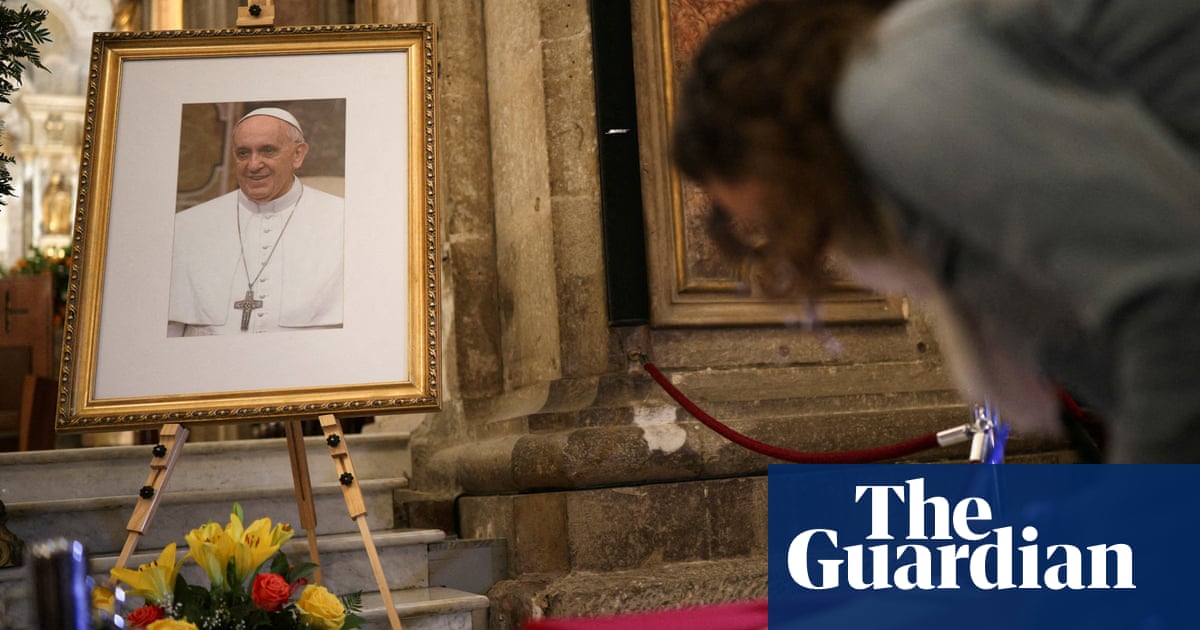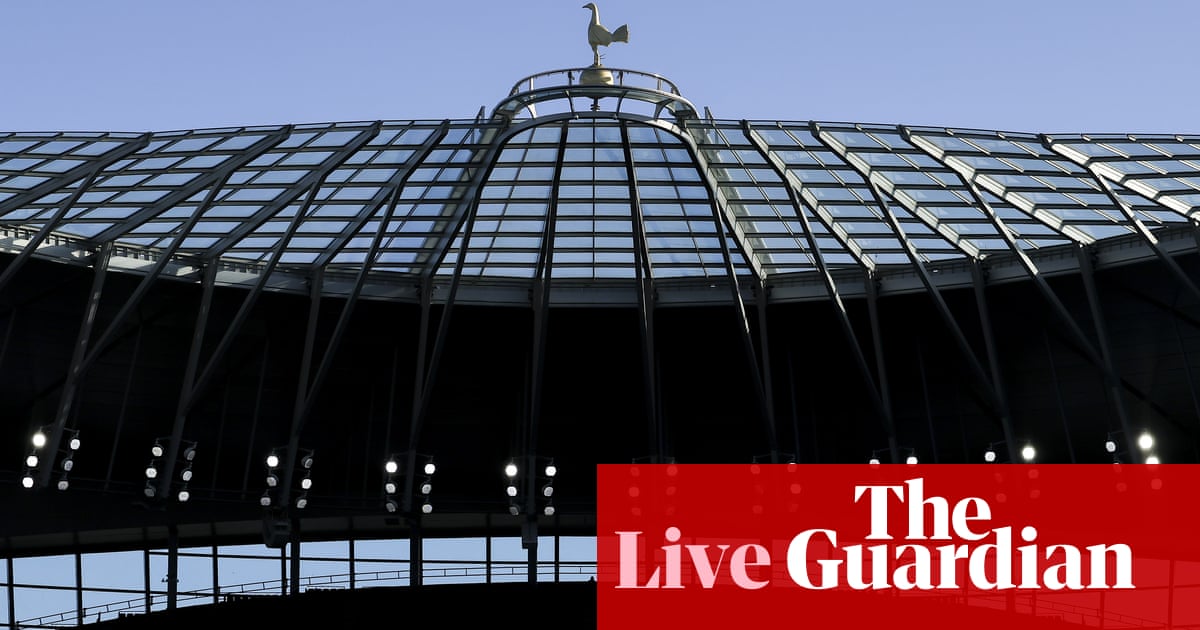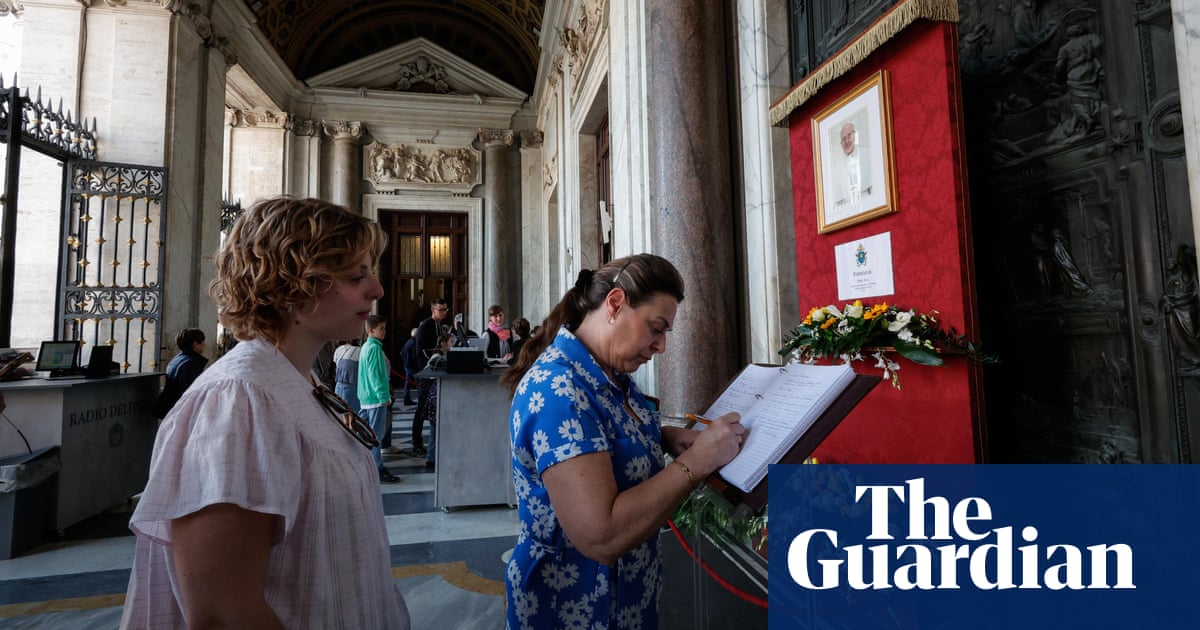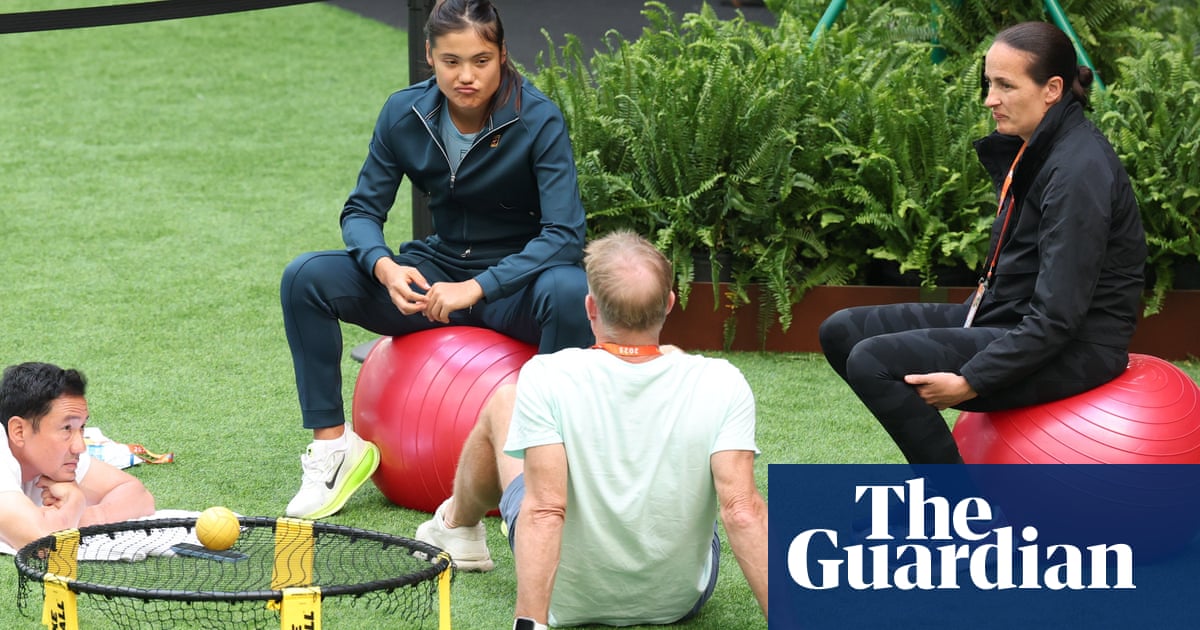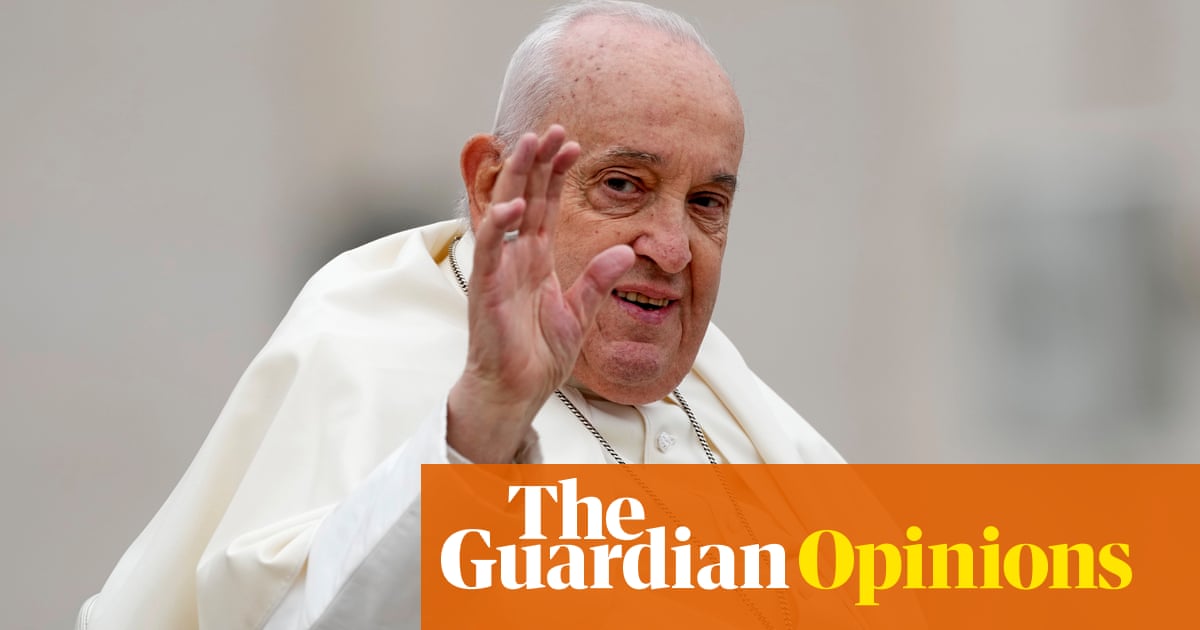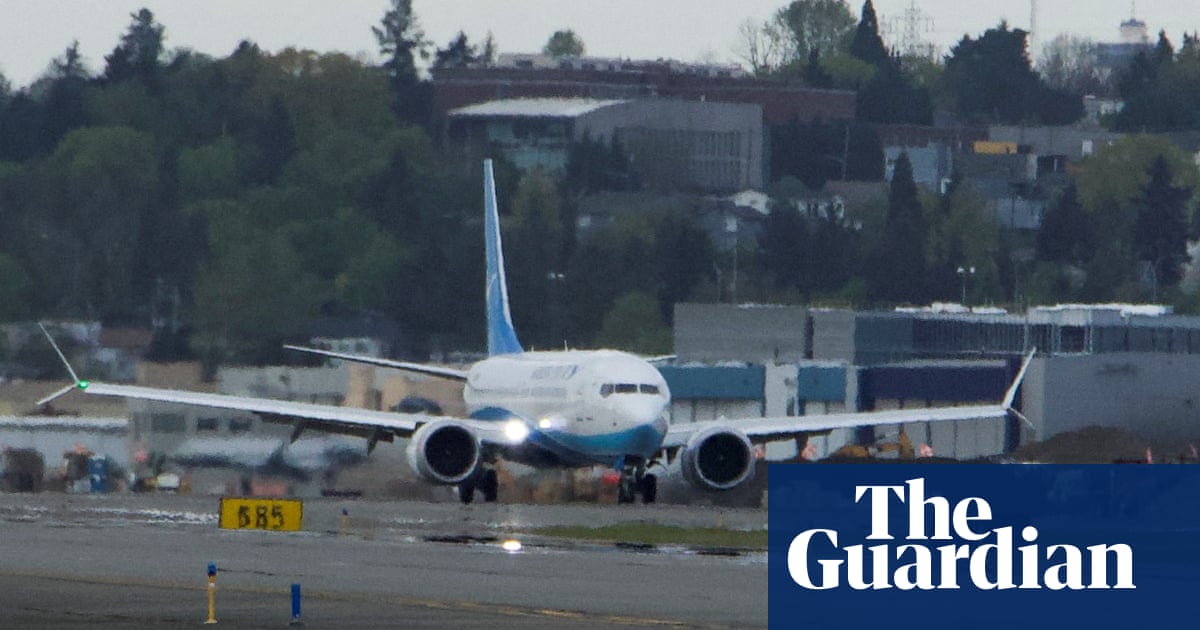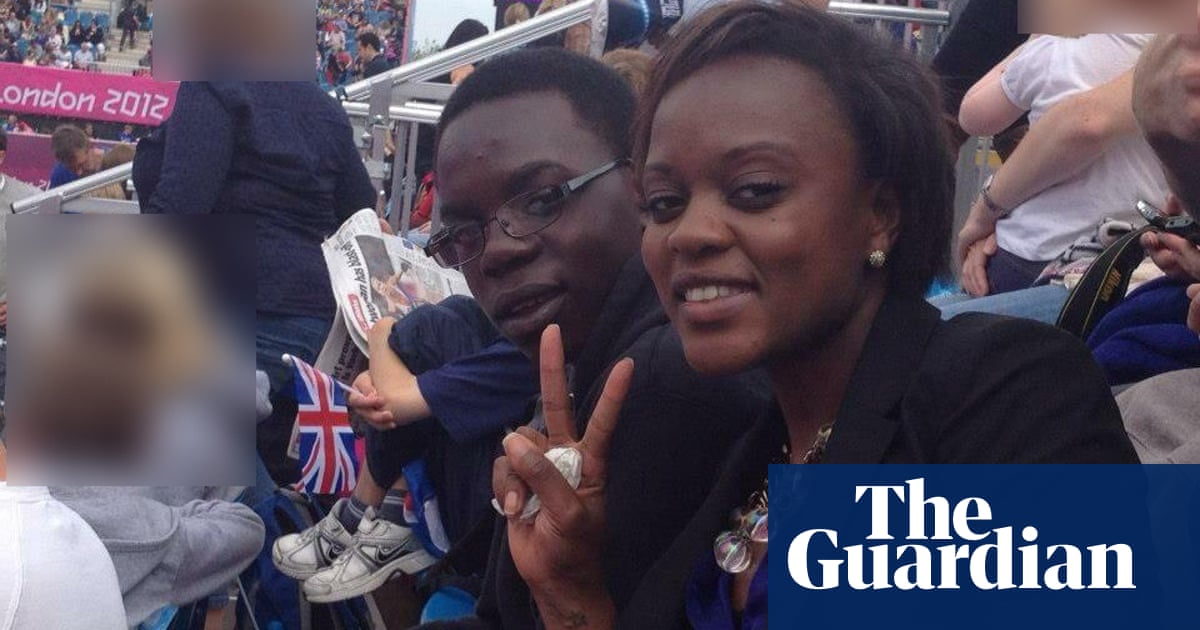Rachel Reeves will fly to Washington this week to argue for global free trade in the face of Donald Trump’s punitive tariffs, amid continued international economic turbulence.
The UK chancellor will use the spring meetings of the International Monetary Fund, which is attended by top finance ministers and central bankers, to make the case that free trade is in both British and global interests.
One senior official said: “We’re facing a new economic reality, but we’re a heavily trading country, with the value of our exports the equivalent of 60% of GDP, so it’s always in our own interests to promote free trade.”
Reeves will urge the Trump administration to cut punitive tariffs on UK car and steel exports and step up negotiations for a trade deal when she meets the US Treasury secretary, Scott Bessent, for the first time, allies said. He is seen as one of the less hardline US voices on trade.
However, she is expected to underline that the UK will not strike a deal at any cost. Speaking before she left for the US, she said: “Any deal that is able to be secured will always have front and centre British national interest.”
The IMF’s spring meetings will take place against the most fraught economic backdrop since the Covid pandemic, with Trump’s trade barriers weighing heavily on big economies including the EU, China and the US itself.
The IMF is expected to downgrade its expectations of global growth and warn of the growing risk of financial instability when its latest forecasts are published on Tuesday.
The chancellor is also expected to hold a series of bilateral discussions with other international finance ministers as they scramble to respond to the White House’s policies, amid fresh evidence that the chaos unleashed in financial markets by Trump’s tariffs is far from over.
On Monday, while markets in the UK were closed for the bank holiday, US government bonds – known as Treasuries – and the dollar were hit by a wave of selling on Wall Street.
Investors have been rattled by Trump’s criticism of the chair of the Federal Reserve, Jerome Powell, for failing to cut interest rates. The White House adviser Kevin Hassett has suggested the president is examining whether he has the power to fire Powell.
UK officials are pessimistic about their chances of persuading Trump to give them an exemption from his 10% global tariff, but they hope to be able to agree reductions to the 25% rates being promised on certain items.
Ministers have offered a series of concessions to the US, including tax cuts for tech companies, in the hope of getting these levies lifted. Sources said Reeves would discuss the terms of a deal, but played down the likelihood of an imminent breakthrough.
after newsletter promotion
Trump and his key officials have given positive signals over the last week about the chance of getting a deal signed soon. However, one UK government source said: “At the end of the day, the timing is down to one man, so there is a degree of uncertainty there.”
Ministers have put securing a trade deal at the top of their list of priorities for US-UK relations. The Office for Budget Responsibility has said a full-blown global trade war could wipe 1% off gross domestic product in 2026-27.
The government is already attempting to help shelter vulnerable sectors, announcing earlier this month that carmakers will get more flexibility over how they meet a target to stop sales of new petrol and diesel cars by 2030.
Ministers are expected to implement other key parts of the industrial strategy months early, with support for the life sciences sector expected to be among them.

 4 hours ago
5
4 hours ago
5

